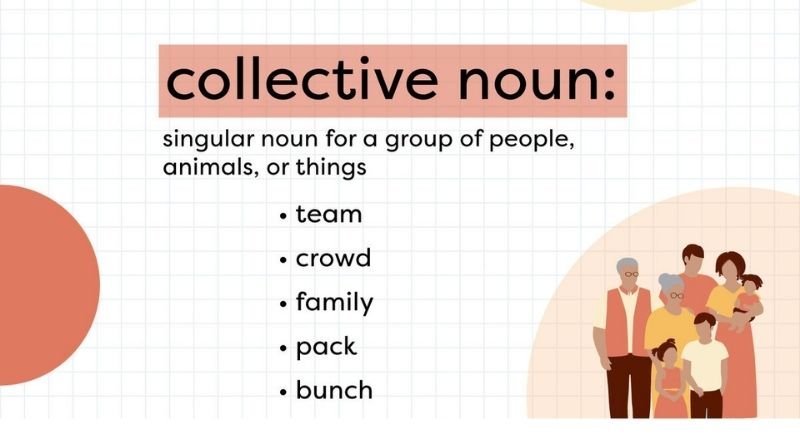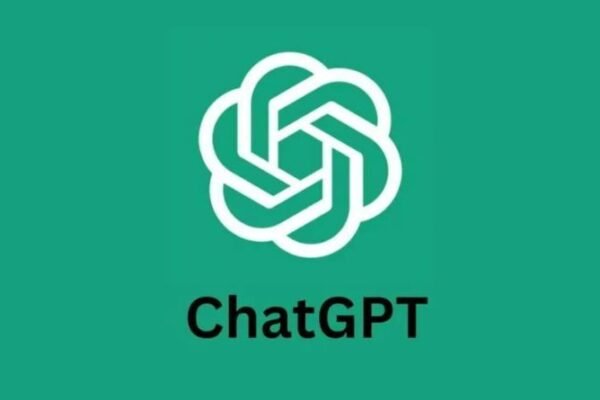Reviewing HubSpot CRM: Is It Right for Your Business?
What does CRM mean? It stands for Customer Relationship Management, and it’s the practice of managing your business relationships through the use of technology. If you have ever heard the phrase people buy from people, you’ll find that this philosophy still holds true when talking about companies and their customers. Companies need to manage and track how they interact with their customers in order to improve those interactions and build trusting relationships over time—or, at least, that’s the idea behind CRM. Does HubSpot CRM live up to its promise?
What is CRM software?
CRM software, or customer relationship management software, is a system that businesses use to organize and store customer data. This data can be any form of information about your customers like names, email addresses, or information about the products and services that they use. In addition to storing the information, CRM programs also help you manage it by allowing you to update profiles, send messages (automated or manual), create reports on specific types of data (usage history, lists of prospects), and more. They are useful because they allow businesses to focus on their current and potential customers instead of juggling all aspects of running a business – sales, marketing, accounting, and payroll – simultaneously.
The primary benefit of using CRM software is efficiency. By combining multiple functions into one platform, CRM helps your team collaborate better because all functions are in one place and integrated with each other.
What does it do for me?
When it comes to managing your business, no task is too big or too small. With this in mind, you may find yourself looking for a system that can take care of every need you have. If so, look no further than HubSpot CRM. But before you commit to this app, we have seven points worth considering that will help decide if this is the right system for your needs. First and foremost, this software might not be right for those who are just starting out. The setup process requires time and effort, as well as some specific tools that many beginners lack access to early on in their entrepreneurial journey. Second, a high-level understanding of web development is needed to set up integrations with third-party applications such as Zendesk and MailChimp. Third, this software only works with other HubSpot products, which limits its ability to work with existing systems. Fourth, the interface is lacking key features like notifications and time-tracking functionality that many companies require on a daily basis. Fifth, integration into Google Calendar requires additional configuration and doesn’t come built-in as some other platforms do.
How does it help my business?
HubSpot CRM is a full-service, complete marketing solution that integrates together everything you need to grow your business. What I love about it is how it streamlines all the different programs and saves me time by not having to jump around between them. Plus, the tool can connect with so many other things in the office- there’s no need to do manual data entry anymore! My favorite feature of HubSpot CRM is their personalized onboarding process- they really take the time to get an understanding of your business needs and customize the system accordingly. And even after going through that process, if I ever have any questions or run into any snags, their customer service team is always very helpful in providing clear answers and troubleshooting solutions.
What are the alternatives to using this service?
There are many alternatives to using this service. You can use Google Sheets, Excel, or any other form of spreadsheet software to keep track of clients and leads. What makes Google Sheets the best alternative is that it has a competitive price and is available on virtually any device you own. Other alternatives include Salesforce and Marketo, which both offer more complex tracking than a spreadsheet but are more costly.
##5 Alternatives to Using HubSpot CRM Salesforce and Marketo are two popular alternatives to HubSpot CRM. They offer much more complex tracking than a spreadsheet does, but they also cost much more money. The main downside with these two services is that there is a steep learning curve involved in order to get started with them – especially if you’re not tech-savvy.
What are some other things I should know about using this service?
This CRM is known to offer a feature-rich experience. However, it does have its downsides too. The upfront cost can be pretty hefty and also when you work with their team to customize your CRM account it may be much more expensive than other providers. For the purpose of this review, we will focus on the software itself.
The best thing about this software is that everything you could ever need from a CRM is within one place; prospects, opportunities, contacts, accounts, etc. are all in one spot so you don’t need to go searching through several different tools for each part of your business. There are some limitations though. You can’t do any email tracking which is something I found very helpful with my previous CRM (not naming names but Salesforce) and the reports offered were not very useful at all or really easy to find what I was looking for quickly.
Overall, if you’re looking for an all-in-one solution then this might be worth checking out!











